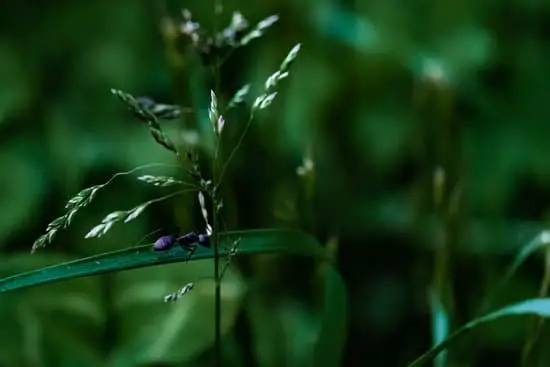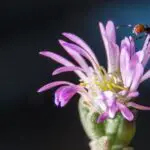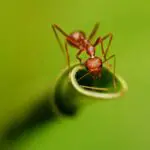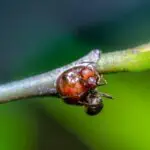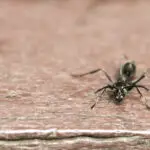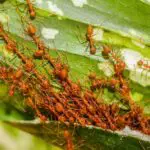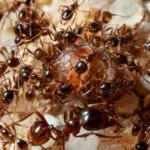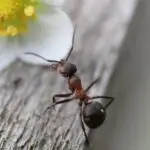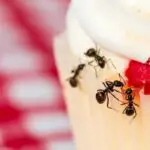How Are Ants Beneficial to the Environment?
Among the most effective insects on Earth, ants also offer many benefits to the environment. Their social structure, food and habitats make them important members of ecological communities. They are also important in the control of pest populations.
Many types of ants are useful in pollination. Some ants even aid the growth of flowers.
The ants also provide aeration to soil. This is important for crop production. They build extensive tunnel systems underground to allow air and moisture to penetrate the soil. They also discard leftover organic material, which adds nutrients to the soil.
Workers, or female ants, are responsible for caring for the colony and its young. They also help protect the nest from enemies.
Queen ants are the largest ant in the colony. Their wings are shed when they start a new colony. They usually die after a few months. After the queen dies, the caregiving duties are passed on to the worker ants.
Ants are beneficial to flowers because they help to disperse seeds. The seeds are protected from seed predators and can survive in nutrient-rich ant nests. Moreover, ants can help to increase the survival of seeds by collecting them.
Many types of ants can be beneficial to lawns and gardens. They are known to feed on lawn and garden insects and are also known to be a source of food for other insects.
Besides providing aeration to soil, ants can help to increase crop production. They also help to reduce soil compaction, which reduces soil productivity.
